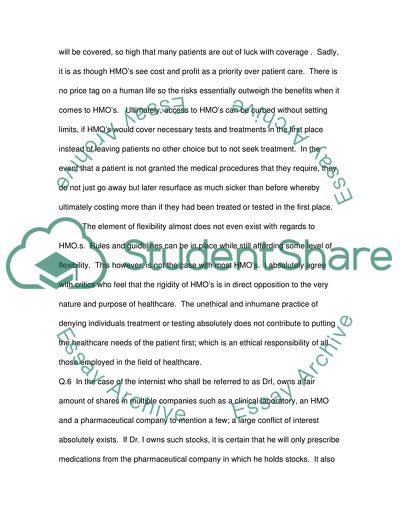Cite this document
(Ethics In Healthcare Essay Example | Topics and Well Written Essays - 3500 words, n.d.)
Ethics In Healthcare Essay Example | Topics and Well Written Essays - 3500 words. Retrieved from https://studentshare.org/health-sciences-medicine/1716314-ethical-issues-in-healthcare
Ethics In Healthcare Essay Example | Topics and Well Written Essays - 3500 words. Retrieved from https://studentshare.org/health-sciences-medicine/1716314-ethical-issues-in-healthcare
(Ethics In Healthcare Essay Example | Topics and Well Written Essays - 3500 Words)
Ethics In Healthcare Essay Example | Topics and Well Written Essays - 3500 Words. https://studentshare.org/health-sciences-medicine/1716314-ethical-issues-in-healthcare.
Ethics In Healthcare Essay Example | Topics and Well Written Essays - 3500 Words. https://studentshare.org/health-sciences-medicine/1716314-ethical-issues-in-healthcare.
“Ethics In Healthcare Essay Example | Topics and Well Written Essays - 3500 Words”, n.d. https://studentshare.org/health-sciences-medicine/1716314-ethical-issues-in-healthcare.


